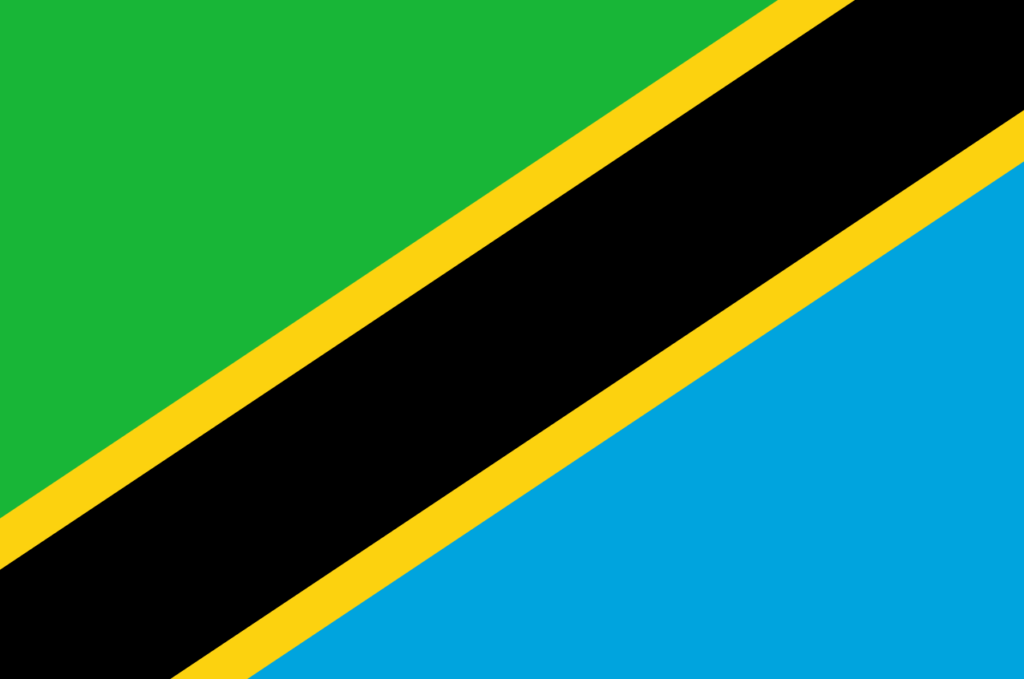April 26: Union Day of Tanganyika and Zanzibar – The Birth of Modern Tanzania

Every April 26, Tanzania celebrates Union Day, commemorating a historic event: the unification of Tanganyika and Zanzibar in 1964. This date marks the official creation of the United Republic of Tanzania, a unique example of a voluntary union between two newly independent African states.
An Exceptional Political Merger in Africa
Tanganyika, which gained independence in 1961 under President Julius Nyerere, and Zanzibar, which became independent in 1963 but was shaken by a revolution in January 1964, decided to unite on April 26, 1964. This agreement, known as the Act of Union, was signed by Julius Nyerere (President of Tanganyika) and Abeid Amani Karume (President of Zanzibar). Together, they gave birth to a new state: Tanzania.
“The Union of Tanganyika and Zanzibar is a first step toward a united Africa.”
— Julius Nyerere, 1964
Why This Union?
Several key reasons motivated this swift unification:
- To stabilize Zanzibar after a violent revolution.
- To prevent the growing communist influence in the archipelago, which was aligning with Cuba and the Soviet Union.
- To realize Julius Nyerere’s pan-African vision, as he was a strong advocate of African unity.
The renowned scholar Ali Mazrui described the alliance as “a political marriage in which continuity triumphed over rupture.”
A Union of Two Identities
Tanzania was born out of a delicate balance. Zanzibar retains partial autonomy—it has its own President, Parliament, and Government, particularly for local affairs. However, matters such as foreign policy, defense, and currency are managed by the central government.
This dual-structured system, still in place today, has occasionally led to political tensions, especially during elections in Zanzibar. Nevertheless, the Union has withstood many challenges, including the assassination of President Karume in 1972.
“The Union is both a remarkable political achievement and an ongoing compromise.”
— Prof. Issa Shivji, University of Dar es Salaam
A Model for Africa?
The union of Tanganyika and Zanzibar remains one of the few successful mergers of sovereign states in postcolonial Africa. It is often cited as a model of how national diversity can be managed through dialogue, shared vision, and mutual respect.
Each year, Union Day is celebrated with pride—both on the mainland and in the islands—highlighting the enduring importance of unity in building a strong and resilient nation.
Conclusion
Union Day is more than a commemoration; it is a symbol of political foresight, historical compromise, and continental hope. It reminds us that—with leadership and collective will—it is possible to overcome division and build a common future together.




